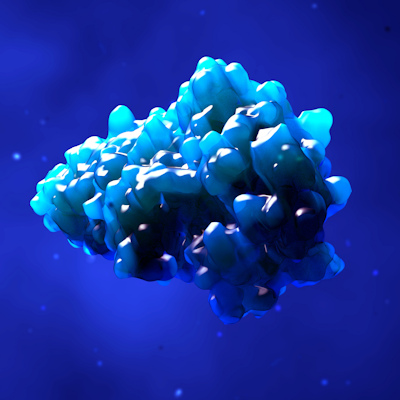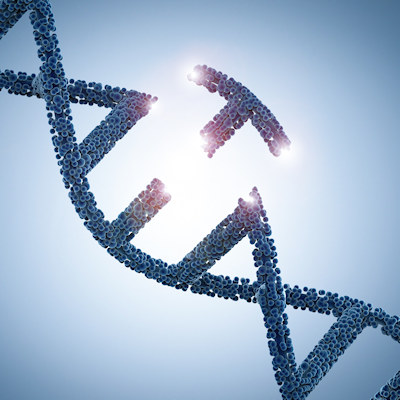March 7, 2023 -- A meta-analysis of recent research on the genetics of cerebral palsy provides evidence that genetic testing should be offered as the standard of care for people with the disorder.
Implementing these findings, published Tuesday in JAMA Pediatrics, would make the recommendations for individuals with cerebral palsy similar to those for other neurodevelopmental disorders, potentially facilitating earlier intervention.
Cerebral palsy -- a condition that affects movement, balance, and posture -- is often attributed to birth asphyxia, which accounts for less than 10% of all cases. Recent evidence suggests that a significant proportion of cerebral palsy is caused by genetic changes, as is the case in other neurodevelopmental disorders, including intellectual disability, developmental delay, and autism spectrum disorder.
Of the two types of genetic sequencing -- whole genome sequencing, which includes all genetic information in the body, and exome sequencing, which is limited to the genome's protein-coding regions -- exome sequencing is a first-tier diagnostic test for individuals with neurodevelopmental disorders. However, this standard recommendation does not currently include cerebral palsy -- thus, people with the disorder may not be offered genetic testing unless they have a coexisting neurodevelopmental disorder.
The study researchers sought to find out whether the diagnostic yield -- the proportion of cases with a genetic change that accounts for the disorder -- of exome sequencing in cerebral palsy was similar to that of other neurodevelopmental disorders. The team searched PubMed for studies on cerebral palsy and genetic testing published between 2013 and 2022. Only studies performing exome or genome sequencing in at least 10 participants with cerebral palsy were included. The researchers analyzed a total of 13 studies related to cerebral palsy and genetic testing in March 2022, which included a total of 2,612 people with cerebral palsy.
Their analysis found that the genetic diagnostic yield was 31.1% overall and 34.8% in pediatric populations, percentages similar to those found in other neurodevelopmental disorders. The findings support the inclusion of cerebral palsy as one of the clinical neurodevelopmental disorder diagnoses for which genetic testing is currently recommended as part of clinical care.
"Waiting for a co-occurring diagnosis of intellectual disability or autism in an individual with cerebral palsy to consider genetic testing is a missed opportunity to improve clinical outcomes," co-author Dr. Andres Moreno-De-Luca said in a statement.
"Since motor disorders like cerebral palsy can be identified earlier than other neurodevelopmental disorders, genetic testing for people with cerebral palsy may allow for quicker identification of genetic changes and facilitate early interventions and potential treatment," added Dr. Moreno-De-Luca, a physician-scientist and clinical neuroradiologist at Geisinger Health System, a Pennsylvania-based regional health care provider.
Copyright © 2023 scienceboard.net












